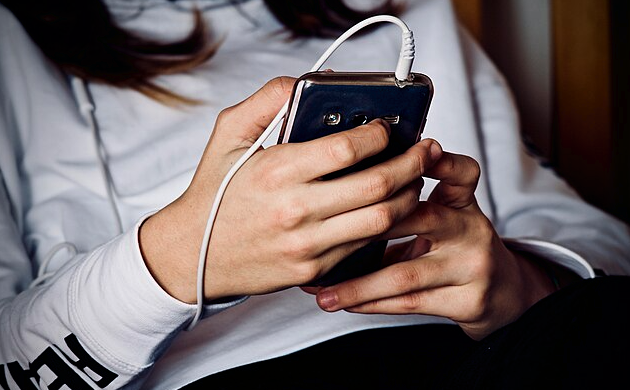China Agency Proposes Limiting Kid's Daily Phone Use
The Cyberspace Administration of China has unveiled draft legislation to limit 16- and 17-year-olds to two hours per day on smartphones, eight to 15-year-olds to one hour, and those under eight to 40 minutes. Minors would also lose phone access between 10pm and 6am.

Facts
- The Cyberspace Administration of China has unveiled draft legislation to limit 16- and 17-year-olds to two hours per day on smartphones, eight to 15-year-olds to one hour, and those under eight to 40 minutes. Minors would also lose phone access between 10pm and 6am.1
- While children under three would be limited to songs and other audio material, those 12 and older would have access to educational and news content. Parents would also be given control to moderate what their children see and permit internet providers to show age-appropriate content.2
- In the wake of the news, stocks for Chinese tech firms mostly fell during Wednesday afternoon trading. Bilibili and Kuaishou fell 6.98% and 3.53%, respectively, while WeChat parent company Tencent Holdings closed 2.99% lower.3
- Though the proposal is open to public discussion until Sept. 2, once implemented, children and teens on minor mode would automatically see their online applications close when their respective time limits are up.4
- It's still unclear how the rules would be implemented, though international companies such as Apple and Google would both likely have to make changes to their parental controls. It would also likely force Chinese app developers including ByteDance, which owns TikTok, to redesign their apps to fit the rules.2
- The news follows Beijing's imposition of a video game curfew for minors in 2021, with platforms like Bilibili, Kuaishou, and ByteDance having offered "teenage modes" since 2019 to restrict users' access to content and duration of use.3
Sources: 1The Scotsman, 2Engadget, 3Reuters, and 4CNN.
Narratives
- Pro-China narrative, as provided by Global Times. Beijing has been on the right path on the issue of phone usage, and this proposal will only further its commitment to protecting children from inappropriate online content and smartphone addiction. While many parents have lauded previous "minor mode" initiatives, they have also asked for broader and more efficient tools to help monitor their kids' digital environment. This is a win for public health and society at large.
- Anti-China narrative, as provided by Washington Post. Previous government measures by China, which leads the world with the largest internet user population, have had limited success. The issue of psychological obsessions with the internet and video games is far more complex than simply limiting content time, a policy that today's youth are very good at bypassing regardless of what the law says. It's likely that this draconian move is another attempt to influence the behavior of younger people as China faces a sluggish economy and demographic crisis.






